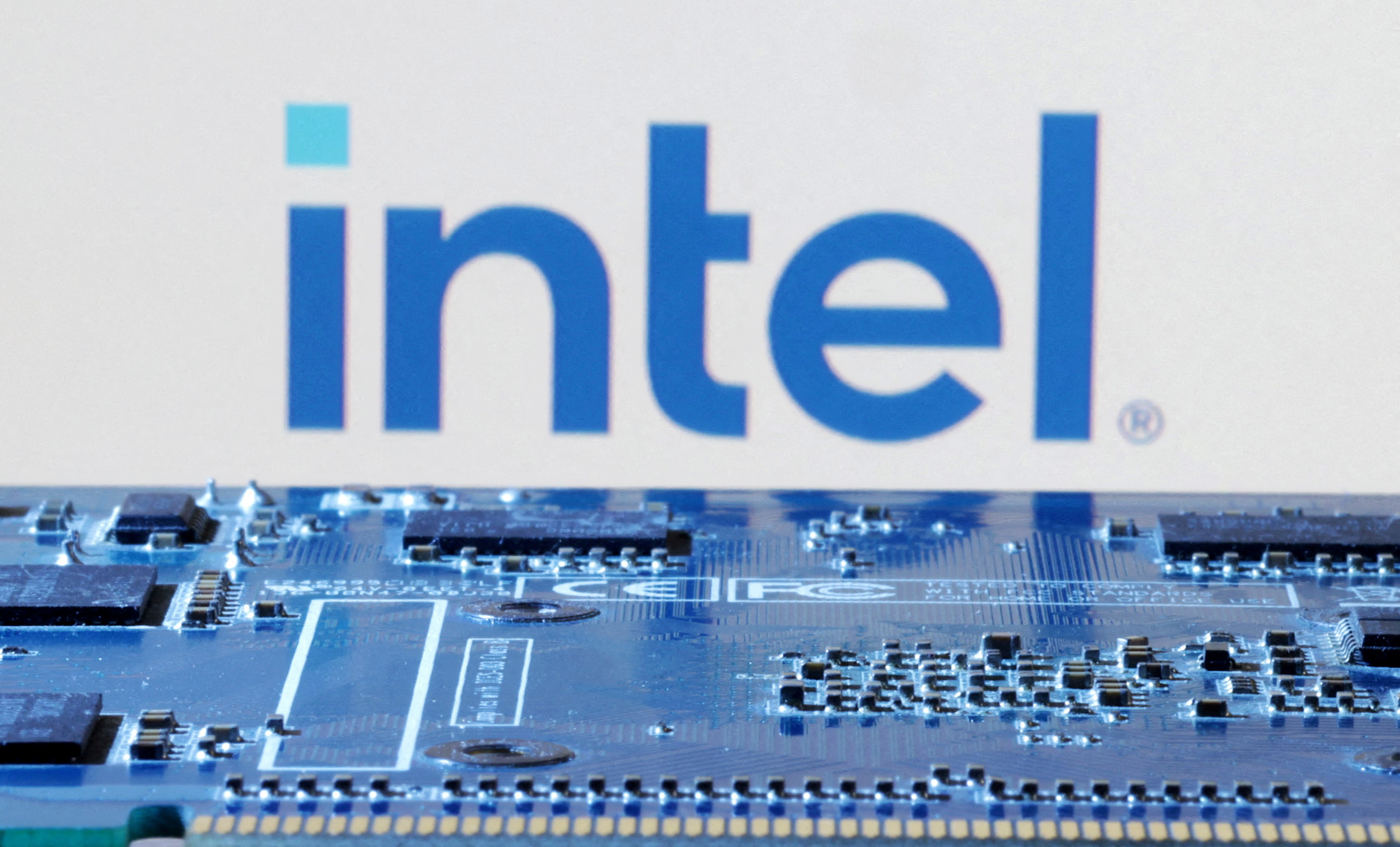The US government just bought 10% of Intel, and Donald Trump is already promising more.
"I will make deals like that for our Country all day long," Trump posted on Truth Social today, after his administration announced an $8.9 billion stake in the struggling chipmaker. His economic advisor Kevin Hassett confirmed this is just the beginning of a plan to create a US sovereign wealth fund.
This is a big fucking deal, and most people don't realize how radical it is. The US government doesn't buy chunks of private companies. That's what China does. That's what Saudi Arabia does with their oil money. Not America.
But Trump's doing it anyway, disguised as national security policy.
The Intel deal works like this: The government converts $5.7 billion in unpaid CHIPS Act grants into equity stakes, then adds another $3.2 billion from the Department of Defense's Secure Enclave program. Boom - 433.3 million Intel shares at $20.47 each, giving the feds a 10% slice of one of America's most important tech companies.

Trump claims the government "paid nothing" for these shares because they came from grants Intel was already promised. That's technically true and completely misleading. The government gave up $8.9 billion in direct funding to get ownership instead. It's not free - it's just a different payment method.
Intel's stock jumped 3% on the news, which makes sense. Government ownership comes with implicit backing. If Intel struggles, will the feds let their investment fail? Probably not. That creates moral hazard where companies take bigger risks knowing taxpayers will bail them out.
The scarier part is what comes next. Hassett told CNBC this Intel stake is "part of an ongoing plan" to build a sovereign wealth fund. These massive investment vehicles work great for countries like Norway (funded by oil revenue) or Singapore (funded by trade surpluses). The US doesn't have either.
What we do have is the ability to print money and take on debt. So essentially, Trump wants to create a sovereign wealth fund funded by borrowing against future taxpayers. That's... not how this is supposed to work.
Look, the national security angle isn't bullshit - we really do need domestic chip production. Anyone who's tried to buy a GPU in the last few years knows how fucked our supply chain is. Intel matters because TSMC and Samsung aren't exactly BFFs with American interests.
But there are other ways to fix this without the government becoming a shareholder. Direct grants work fine. Tax breaks work. Hell, just promise to buy X billion dollars of Intel chips over the next decade - instant market security without the government getting voting rights.
The real nightmare scenario is when this becomes political. Which Silicon Valley startup gets government investment? Which one gets told to go fuck itself? Suddenly every VC pitch includes a slide about "alignment with national priorities" and we're one step closer to state-controlled tech.
Trump's already hinting at the scope of his ambitions. "I love seeing their stock price go up, making the USA RICHER, AND RICHER," he posted. This isn't about national security - it's about turning the federal government into America's biggest hedge fund.
For Intel specifically, this creates a clusterfuck of conflicts. Imagine trying to negotiate with the EPA about your fab emissions when the EPA's boss owns 10% of your company. Or trying to fight an antitrust case when the Justice Department has a financial stake in your success. It's like having your landlord also be your judge, jury, and loan officer.
Other companies are probably salivating at the possibility of government investment. Why compete for grants when you can sell equity instead? Why worry about market discipline when Uncle Sam might bail you out?
The Intel deal might work out fine. Intel is fundamentally important to US technology leadership, and government backing could help it compete with TSMC and Samsung. But creating a precedent for regular government equity stakes in private companies is a massive shift toward state capitalism.
And Trump wants to do it "all day long."

